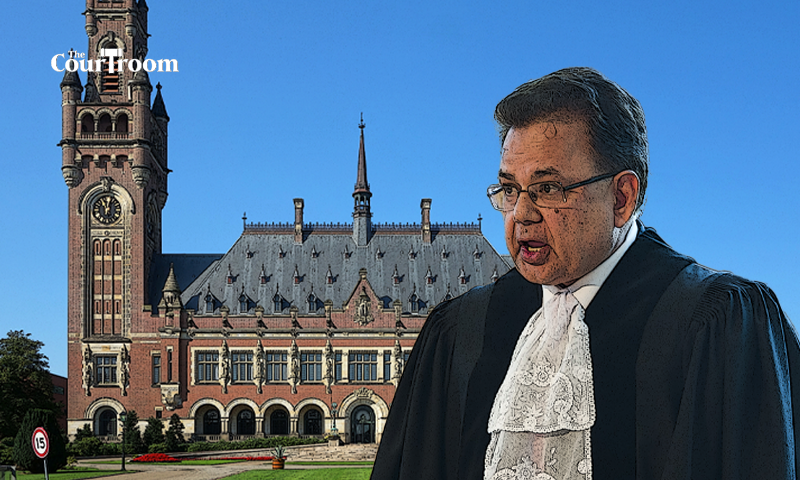The International Court of Justice (ICJ) issued a directive on Friday ordering Israel to immediately cease its military operations in Rafah. Notably, among the judges in favor of this ruling was Judge Dalveer Bhandari, representing India at the ICJ.
Mr. Bhandari, a highly respected jurist with a distinguished career, has been a member of the ICJ since 2012. Born in Jodhpur, Rajasthan, in 1947, he has received numerous accolades, including the Padma Bhushan in 2014.
Throughout his career, Mr. Bhandari has been involved in landmark cases at the Supreme Court, where he served as a senior judge from October 28, 2005. His contributions span a wide array of legal areas, including public interest litigation, constitutional law, criminal law, civil procedure, administrative law, arbitration, family law, labor and industrial law, and corporate law.
Since 2012, Mr. Bhandari has been actively engaged in all cases brought before the ICJ, addressing significant issues such as maritime disputes, whaling in Antarctica, genocide, continental shelf delimitation, nuclear disarmament, terrorism financing, and sovereign rights violations, among others.
Before his tenure at the Supreme Court, Mr. Bhandari served as the Chief Justice of the Bombay High Court. His noteworthy ruling in a divorce case established that an irretrievable breakdown of marriage could be grounds for divorce, prompting serious consideration for amending the Hindu Marriage Act, 1955.
Additionally, Mr. Bhandari has been recognized as one of the 15 most esteemed and distinguished alumni in the 150-year history of Northwestern University School of Law in Chicago, where he earned his Master of Law in 1971.
The ICJ ruling, announced by Presiding Judge Nawaf Salam, was in response to an application from South Africa accusing Israel of actions constituting genocide. The ruling requires Israel to halt any actions that could lead to the physical destruction of the Palestinian population in Rafah.
The court’s decision received overwhelming support with a vote of 13-2, with only Judges Julia Sebutinde from Uganda and former Israeli High Court President Judge Aharon Barak dissenting. The ruling emphasized the importance of Israel providing unimpeded humanitarian aid and access to UN bodies investigating allegations of genocide.
Despite the ICJ’s ruling, Israel has adamantly rejected the order. Israeli officials have stated that military operations in Rafah comply with international law and that they have no intention of endangering the Palestinian population. Palestinian Ambassador to the UN, Riyad Mansour, has commended the ruling, urging its immediate implementation and emphasizing Israel’s obligation to comply with ICJ resolutions as a party to the Genocide Convention.
Share your news, articles, deals, columns, or press releases with us! Click the link to submit and join our platform today.


